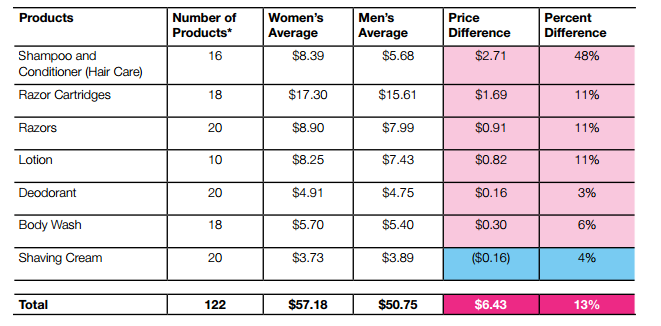Have you ever considered chucking your shampoo and never looking back? To many of us, the very idea of doing this is met with a confused ‘why?’ But to a growing number of people, it is essential to healthy hair, as well as a healthy environment.
Shampoo has only been around for about a hundred years, so how did people clean their hair before then? The answer may surprise you. For one, they didn’t bathe nearly as often as we do today. Bathing once a week or even less often was deemed perfectly acceptable.
When they did wash their hair, the most common method was with soap. While this may horrify some contemporary people, it is important to note that Victorian era people used castile soap, which was milder than the mainstream soaps of today. Other common household hair cleansers were vinegar, egg yolks, rosemary, and rum.
The modern anti-shampoo movement, or ‘no poo,’ as it has come to be called, believes that shampoo strips away the naturally occurring oil in the hair, called sebum. This results in an increase in oil production by sebaceous glands in the scalp, perpetuating a cycle in which shampoo becomes necessary to properly clean the hair.
No poo predominantly champions the use of vinegar and baking soda, although there are a host of methods used to replace traditional shampoo. Whatever method is used, the first few weeks of the transition are difficult for most, but the hair tends to adjust after this period. Advocate Assya Barrette blogged about her own transition, which is a nice testimonial because it describes failures before eventual success. She wrote:
“For the first month or so after giving up shampoo, your hair is supposed to be super greasy as it readjusts to no shampoo. Then, it bounces back and looks better than ever before.”
Healthier hair is not the only reason people quit shampoo, however. One can save quite a bit of money in the process as well. For women, hair products are often the most expensive part of their personal care arsenal. A study by the New York City Department of Consumer Affairs recently found that women’s shampoo and conditioner on average cost nearly twice that of men’s hair care products.
Finally, no poo advocates also stump for the environmental benefits of quitting shampoo and conditioner. A typical bottle contains many un-pronounceable additives, which range in effects from being a simple irritant to potential carcinogens.
This growing movement is therefore intriguing for many reasons. Have you or would you quit shampoo? Share your reasons below!
(Special thanks to: attn:, Green Living Tips, and Our Heritage of Health for their research on this subject.)


